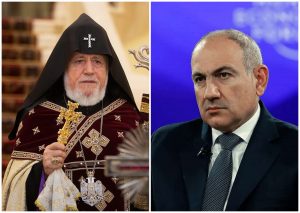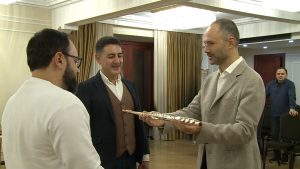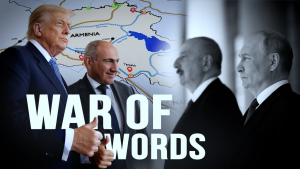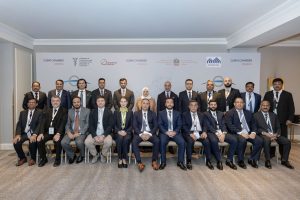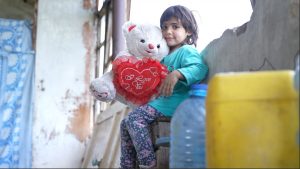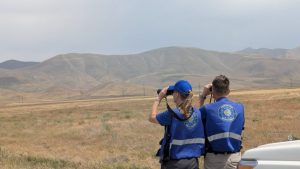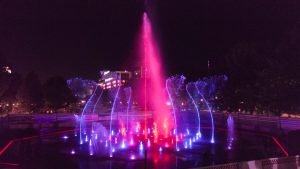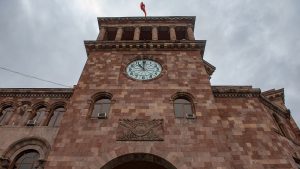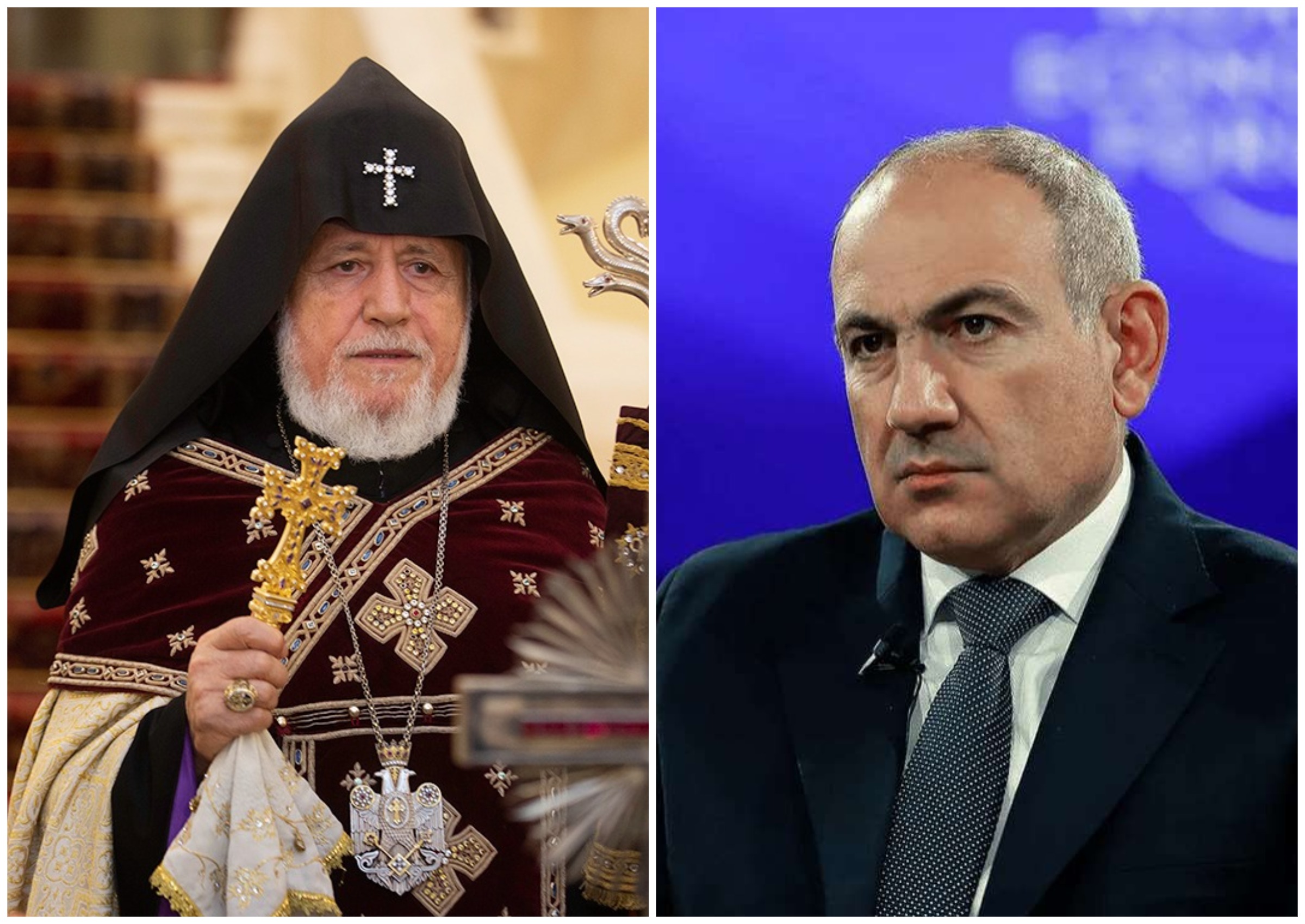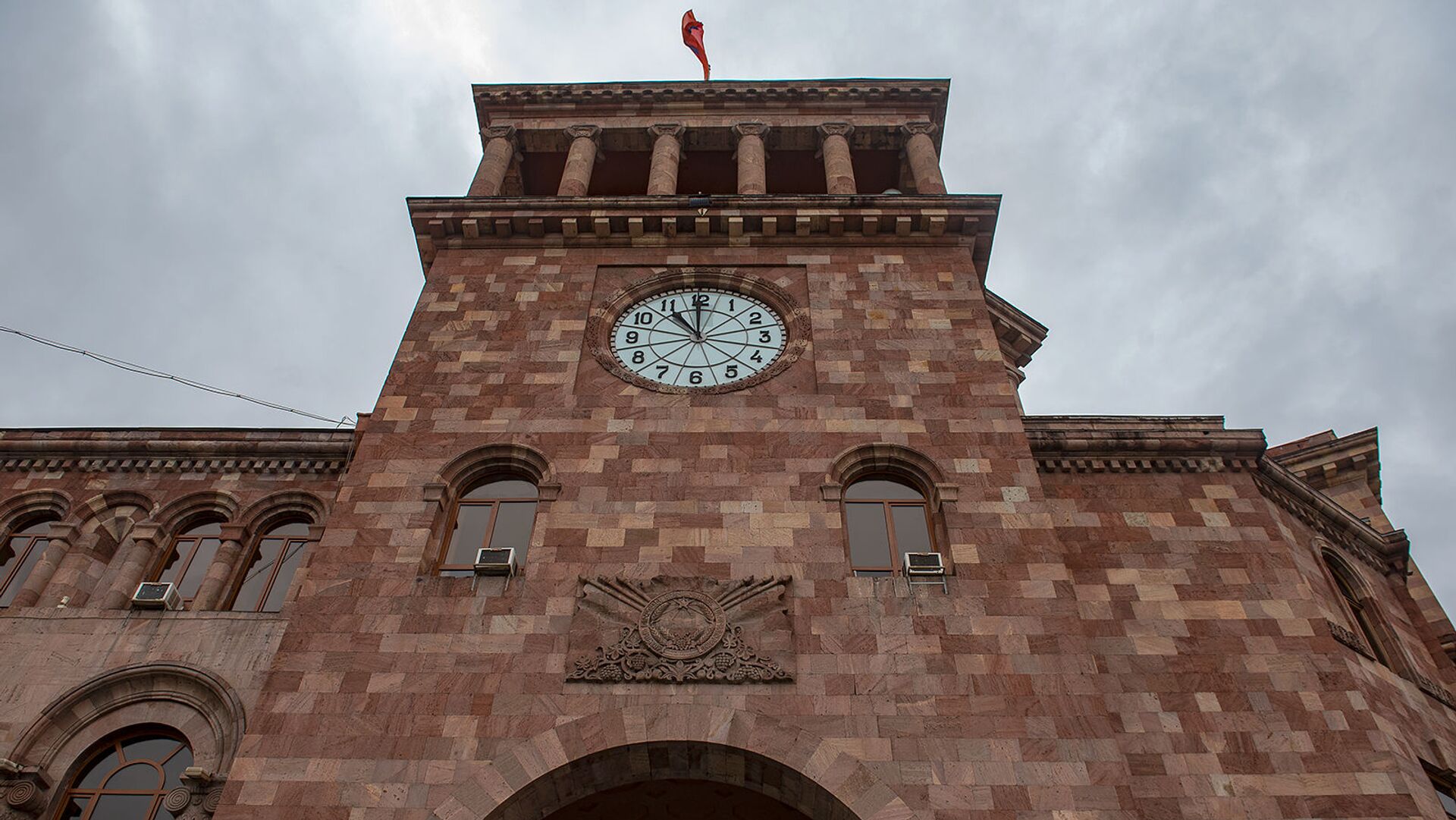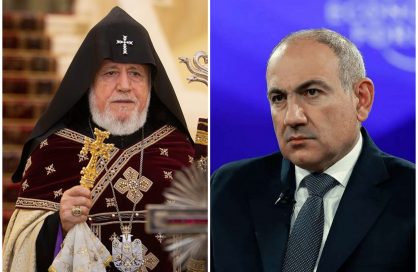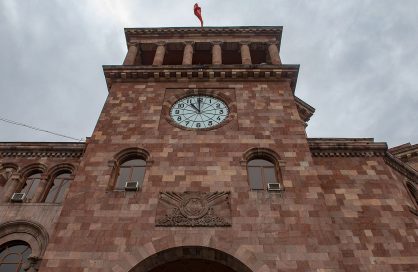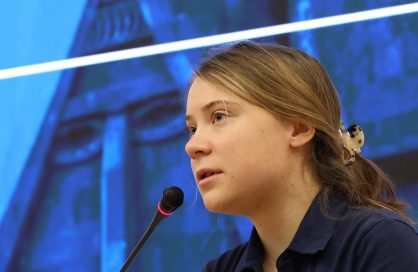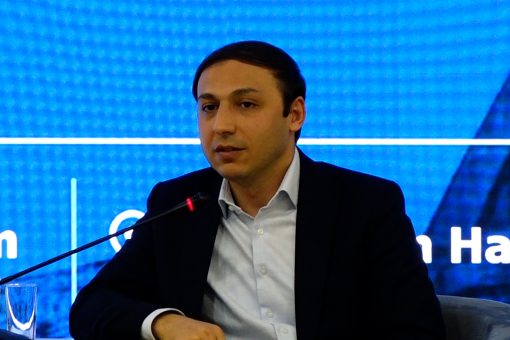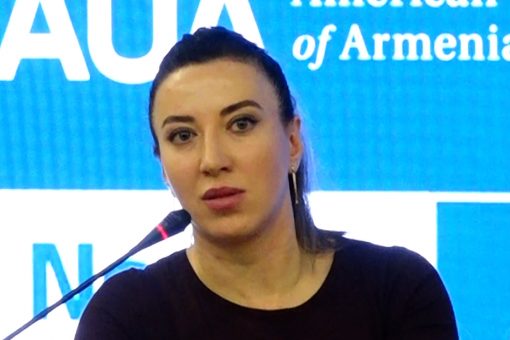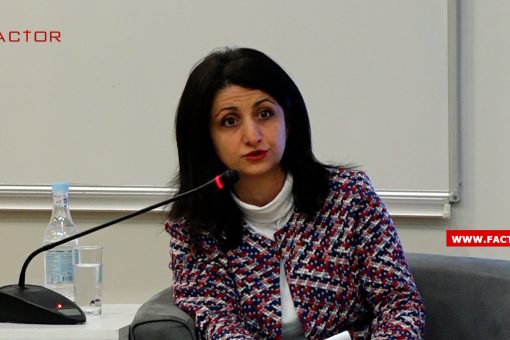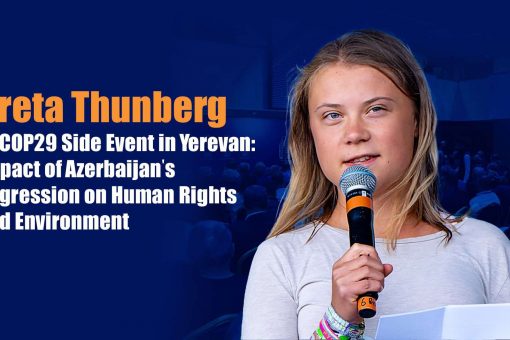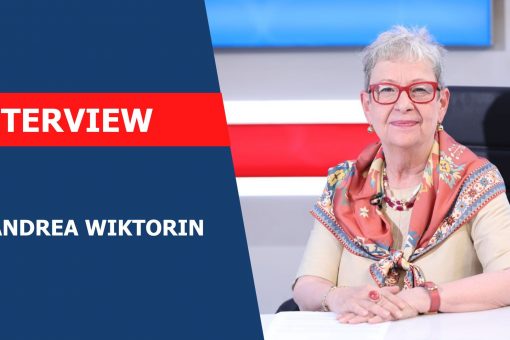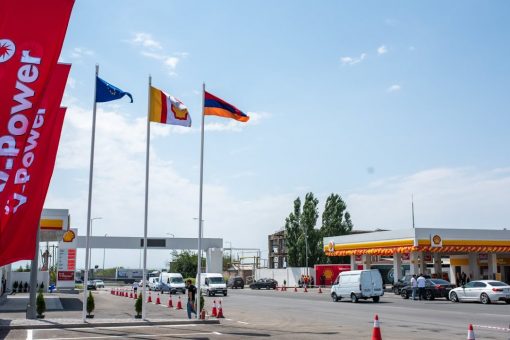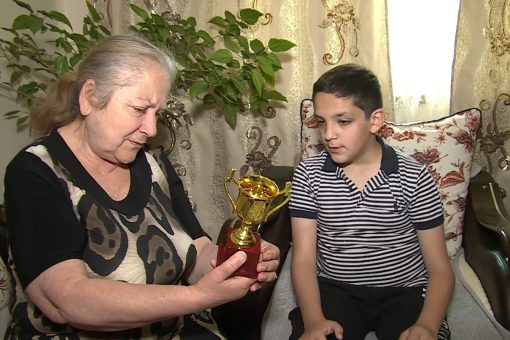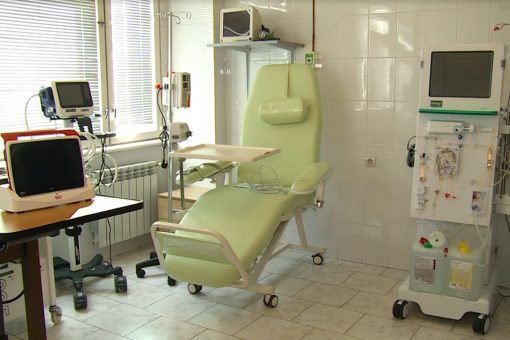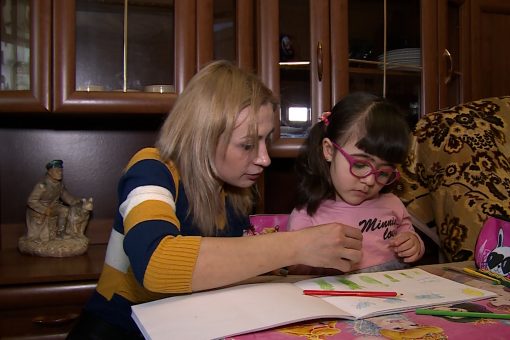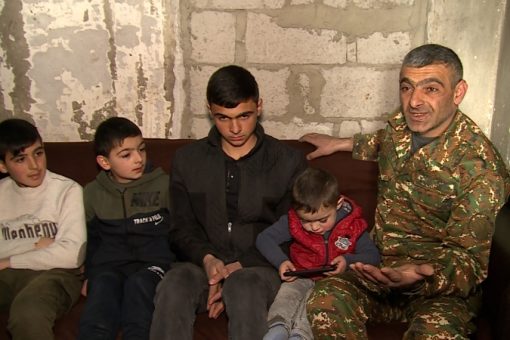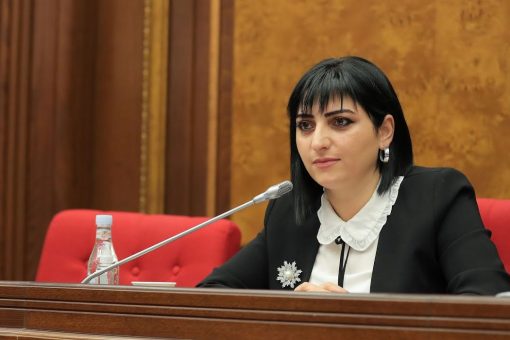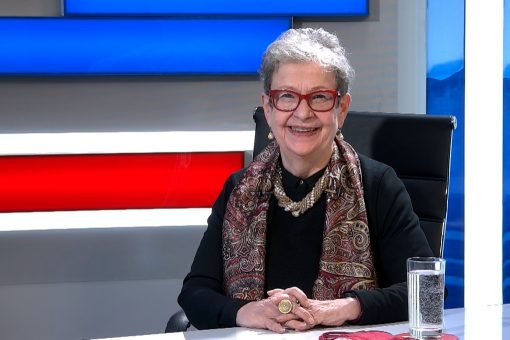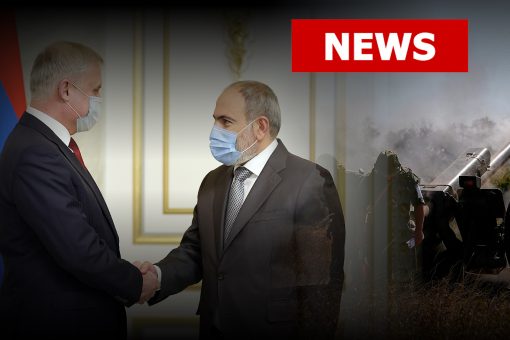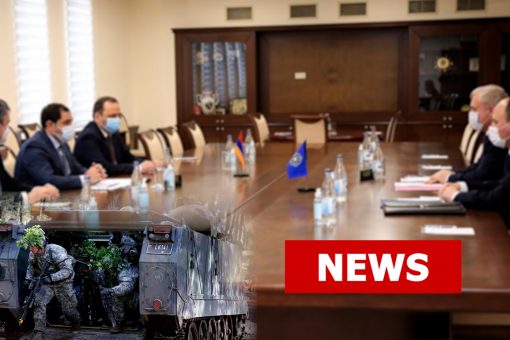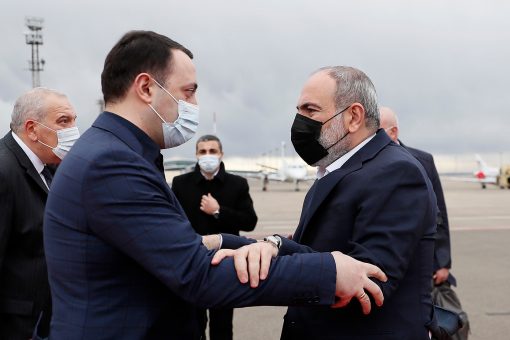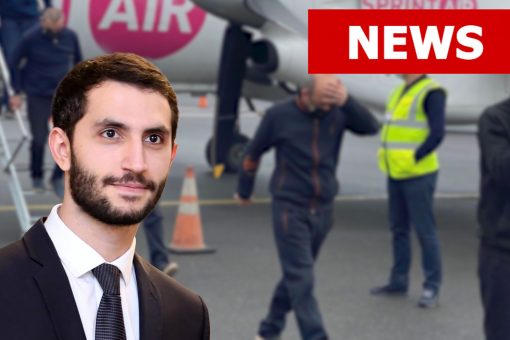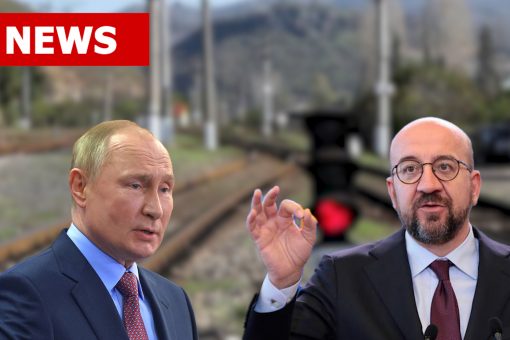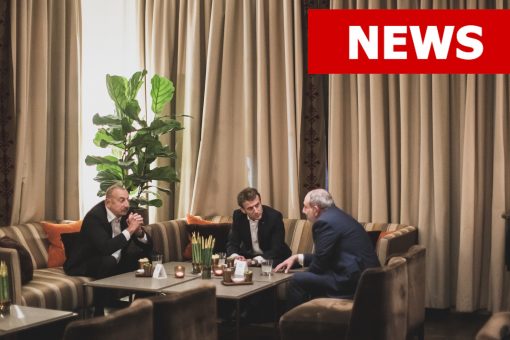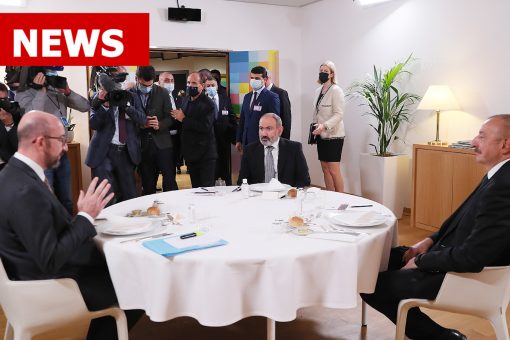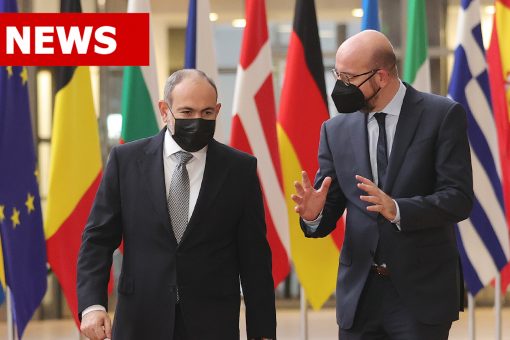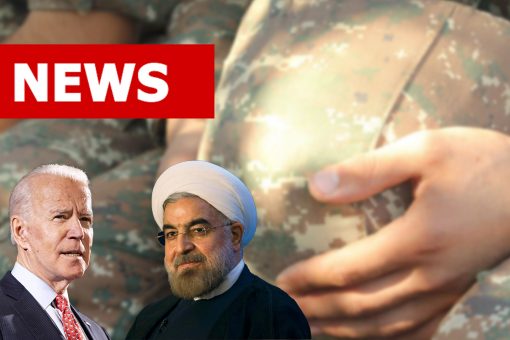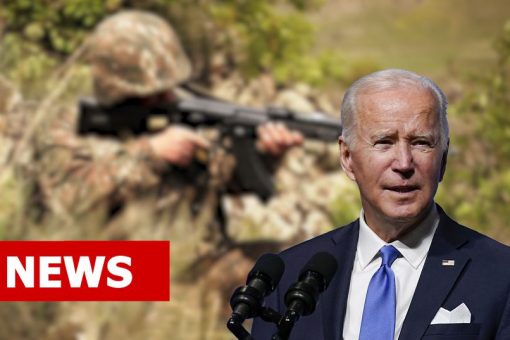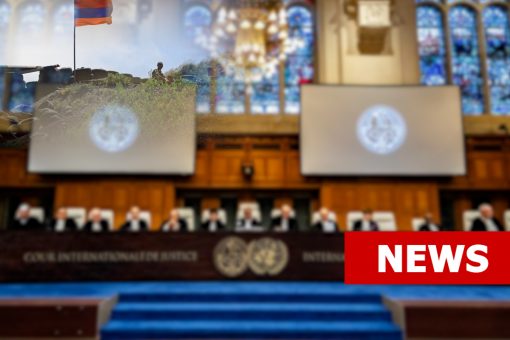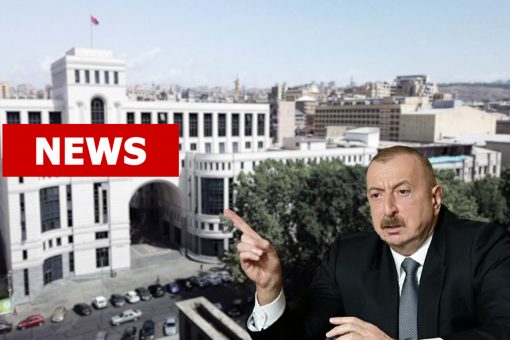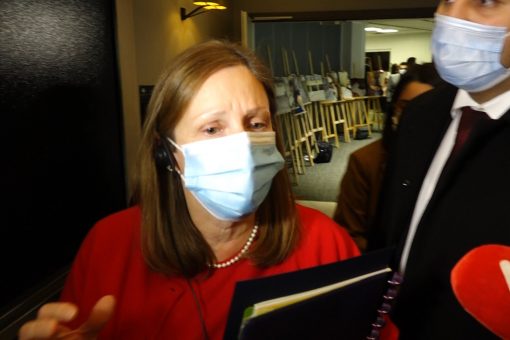At COP29, It’s About More Than the Climate: NewsWeek
POLITICS
14.11.2024 | 15:50
Image by Arzu Geybullayeva
As global leaders in business, government, and civil society convene in Baku this month for the COP29 climate conference, they may be tempted to focus on saving the planet and ignore the odious nature of the conference’s host.. Such realpolitik has its place, but in this case it is wrong, Newsweek reports in its review of COP29․
The Azerbaijani regime’s awfulness is not just extreme, but touched by a kind of hubris that leads to mistakes. That is why the country sought to be named the host of the 29th global climate conference mere weeks after it ethnically cleansed 120,000 ethnic Armenians from the long-disputed enclave of Nagorno-Karabakh. That is why it has made clear, even in the runup to the conference, that it is a petrostate that is doubling down on fossil fuels precisely while hoping to greenwash itself via the spectacle of the conference.
Anyone doubting the hypocrisy at play needed only to listen to the Nov. 12 opening address by President Ilham Aliyev, who called oil and gas “a gift of the God … Countries should not be blamed for having them and should not be blamed for bringing these resources to the market because the market needs them.”
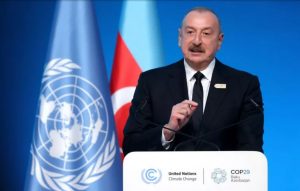
Azerbaijan has asked for the world’s attention, and the world should grant it just that – noting, for example, that officials from the Taliban were invited to this year’s conference, a first, while democratic Taiwan was not.
Azerbaijan’s leadership is attempting to manipulate the world the way it brutalizes its citizenry. The world should show this dictatorship that it, too, can play tough. The conference should not be used to greenwash an odious regime, but to call it to attention.
Azerbaijan is one of the world’s most despotic countries by every measure and metric. According to Freedom House, Aliyev’s regime scores a mere 7 out of 100 in political rights and civil liberties, ranking it among the least free nations globally, below Russia and Iran. In September, Human Rights House warned that the Azerbaijani government has intensified a relentless crackdown on political and civil society critics, including those focused on environmental issues.
Its hundreds of political prisoners include ethnic Armenian leaders of the enclave that it overran, where today Aliyev’s thugs are busily engaged in a campaign of destroying the abandoned Armenian cultural heritage sites. This, even as Baku brazenly pretends to be committed to a green future by planning a “Green Silicon Valley” in the territory it trashed.
Moreover, even though the fighting is currently stopped in the Southern Caucasus region, the halting peace process is stalled, and tensions are escalating once more—because of Baku. Just last month, Aliyev issued inflammatory statements reminding Armenia of the devastation it faced in the 2020 war, with ominous warnings that Azerbaijan’s “anger will not let up even after 300 years, not just 30.” This rhetoric, coupled with aggressive military posturing and the refusal to return Armenian prisoners of war, signals a volatile situation that could reignite at any moment.
International bodies, such as the U.S. Commission on International Religious Freedom have classified Azerbaijan as a country of concern due to its actions. Azerbaijan, meanwhile, is absurdly trying to brand the conference as the “COP of peace.”
Moreover, there is more of a connection to climate issues than might at first appear to be the case. A possible new military escalation would not only bring more human suffering but also derail efforts to achieve a just climate transition. Take water as an example.
Water is a critical resource for the Southern Caucasus and is also at the heart of the conflict. Climate change will exacerbate water scarcity in the region, with predictions of a 52 percent drop in rainfall by 2040. Through its recent territorial advances into Armenia, Azerbaijan has not only gained a strategic military advantage but also control over critical water sources. Without a peaceful resolution, the competition for dwindling resources will only intensify, further jeopardizing both local populations and ecosystems.
The COP29 attendees have a responsibility to press for an immediate end to Azerbaijan’s aggressions and to urge a lasting peace agreement between Armenia and Azerbaijan, emphasizing the return of all Armenian detainees and the end of ethnic hostilities.
It may seem impolite to make demands of one’s host, and unsporting to involve geopolitics with climate. But the two are connected nonetheless, and this particular host has unflattering attention coming in the extreme. Azerbaijan’s displeasure with unruly guests will not affect whatever other agreements are arrived at—this is up to the attendees. There is, in fact, no realpolitik-related need to be overly polite.
So, there are two issues here. First, these steps are vital to building the trust and stability necessary for meaningful climate cooperation in the region. But second, from a broader perspective, the world’s seekers of progress should not allow themselves to be played for fools.





